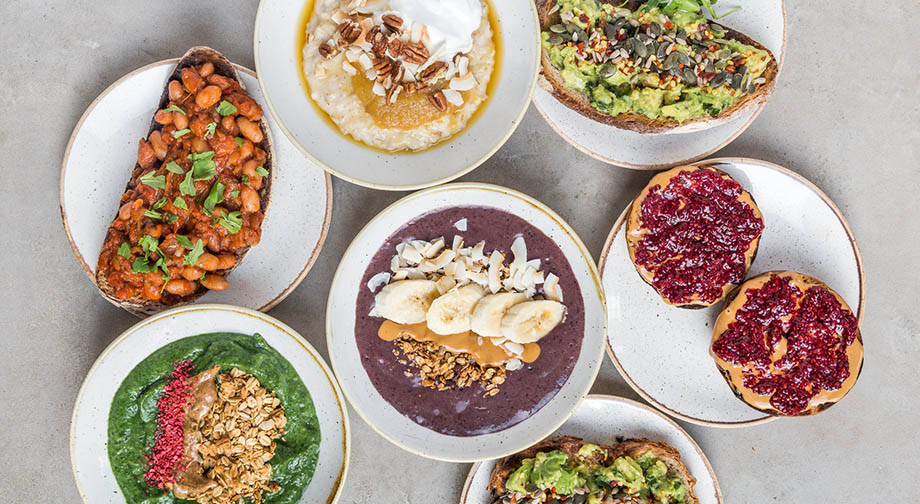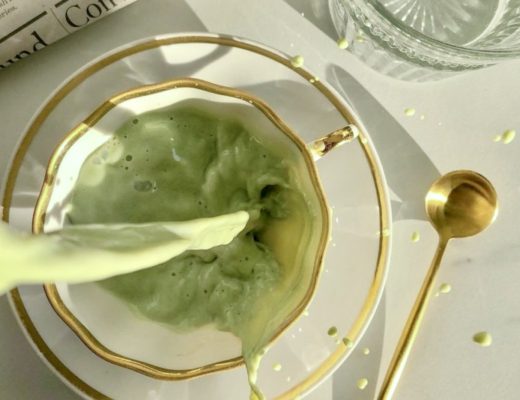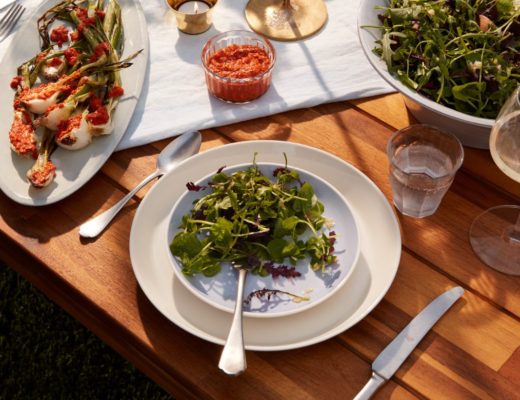Eating healthy is more confusing than ever. If the people we look to for nutritional guidance keep changing their views, no wonder the rest of us are so overwhelmed!
You know what I’m talking about. One day eggs are unhealthy, then the next day they are a miracle food. One year the government tells us to eat bread and carbs as foundation of our diet, and the next it tells us to cut carbs. The U.S. Dietary Guidelines told us 35 years ago that all our health problems were derived from eating fat and recommended we eat fat “only sparingly.” Over three decades later, they suddenly learned fat wasn’t so bad for us.
Then you’ve got the dogmatists who believe you must adhere 100 percent to a particular plan to be lean and healthy, whether that plan be vegan, Paleo, vegetarian, Mediterranean, raw food, ketogenic, high-fat, low-fat or omnivore.
Lots of factors contribute to this nutrition confusion and contention, including misinformation, personal biases and conflicting science. Chief among the reasons why so many people are so confused is our one trillion-dollar food industry provides us with all sorts of “healthy” options — low-fat, high-fiber, whole-grain, gluten-free — that are mostly not healthy.
The main thing is that you undo all the beliefs about food that are making you fat and sick and replace them with a new understanding that will lead to health and longevity. Food is the doorway to living w— and to fixing much of what’s wrong with our health.
So, What Should You Eat?
An all-in approach to one way of eating may not be the all-in answer. You’ve got so many eating options, but advocates believe their approach is the absolute best. What you put on your fork is the most important thing you do every day.Food is medicine. It’s information. Food is the most powerful drug on the planet. It influences your capacity to live a rich, energetic, connected, soulful life. If you enjoy real, whole, fresh foods, cook using real ingredients, you are positively affecting everything around you. Start there.
Much of what we eat is not really food. At least, it has been so adulterated and processed we may as well not call it food. It is more of a food-like substance. And as a result, most of us are confused, baffled and frustrated, not knowing whom to believe or what to eat. Stay away from fake foods. If there are health claims on the label, what’s inside is probably unhealthy. High-fiber, low-carb, no-sugar-added, the list goes on and on about the many health claims manufacturers boast on food packages. Chances are, they’re hiding what they don’t want you to know among the ingredients. Those gluten-free cookies might sound healthy, but flip the package around and you’ll find they contain more sugar than regular cookies! Gather some smart tips for reading labels here.
When you feel confused, ask yourself this one question: Did a human being make this or did nature? Nature made an avocado, but not a Twinkie. Eating healthy is really that simple.
Real food doesn’t have to be expensive.While it might cost a little more to buy fresh meat, fish and produce than to eat processed junk and fast food, it doesn’t have to. In fact, studies have shown that eating real food is not more expensive than eating processed food.
The real revolution happens in your kitchen.We have to cook our way out of our addiction to bad food. Shopping, cooking and eating are political acts with far-reaching benefits to our health, the earth, the economy and beyond. Cooking is fun, freeing and essential to achieving health and happiness. Unfortunately, we have handed the act of cooking, this unique task that makes us human, over to the food industry.
My hope is The Glow Wellness can empower you to make the best food choices. Cooking and eating become infinitely easier when you leave all the artificial stuff behind and focus on real, whole foods. With the power of information in food, you can lose weight, reduce disease, and feel better.
With reporting from Chalkboard Magazine.






No Comments